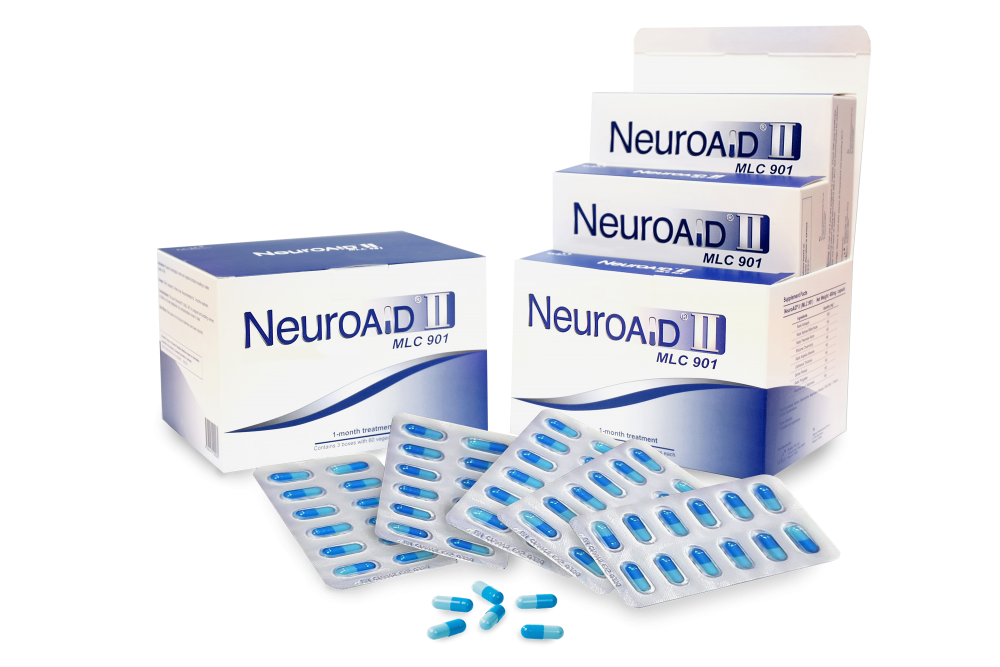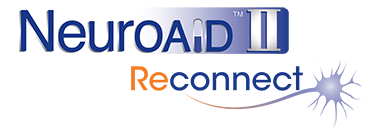NeuroAiD is safe and well tolerated.
References
1. . Young S, et al. Safety profile of MLC601 (NeuroAiD) in acute ischemic stroke patients: A Singaporean substudy of the Chinese medicine NeuroAiD efficacy on stroke recovery study. Cerebrovascular Diseases. 2010;30:1-6.
2. Gan R, et al. Danqi Piantan Jiaonang does not modify haemostasis, haematology, and biochemistry in normal subjects and stroke patients. Cerebrovascular Diseases. 2008;25:450-456.
3. Chen C, et al. Chinese medicine NeuroAiD efficacy on stroke recovery: A double-blind, placebo-controlled, randomized study. Stroke. 2013a;44:2093-2100
4. Theadom A, et al. MLC901 (NeuroAiD II™) for cognition after traumatic brain injury: a pilot randomized clinical trial. Eur J Neurol. 2018 Aug;25(8):1055-e82.
5. Fauzi AA, et al. Clinical Outcomes of MLC601 (NeuroAiDTM) in Traumatic Brain Injury: A Pilot Study. Brain Sci. 2020 Jan 21;10(2):60.
6. Kumar R, et al. Spinal cord injury – assessing tolerability and use of combined rehabilitation and NeuroAiD (SATURN) study – primary results of an exploratory study. J Spinal Cord Med. 2022 May 23:1-5.
7. Chen CLH, et al. Alzheimer’s Disease THErapy With NEuroaid (ATHENE): A Randomized Double-Blind Delayed-Start Trial. J Am Med Dir Assoc. 2022 Mar;23(3):379-386.e3.
8. Venketasubramanian N, et al. CHInese medicine NeuroAiD efficacy on stroke recovery – Extension study (CHIMES-E): A multicenter study of long-term efficacy. Cerebrovascular Diseases. 2015;39:309-318.
9. Shahripour RB, et al. A Randomized Trial to Assess the Long-Term Safety of NeuroAiD among Caucasian Patients with Acute Ischemic Stroke. Chin J Integr Med. 2014;20(11): 812-817.
10. Kumar R et al. Long-Term Outcomes of the Spinal Cord Injury Assessing Tolerability and Use of Combine Rehabilitation and NeuroAID (SATURN STUDY). J Spine Research and Surgery. 2023;5(2).
11. Pakdaman H, et al. A long-term study of NeuroAid (MLC601, MLC901) in Patients with Alzheimer’s disease; An Extension 8-year Follow-up Study. Curr Aging Sci. 2023 Feb 24.
Disclaimers: NeuroAiD™ II is a trademark of Moleac. MLC601 and MLC901 are 2 different proprietary formulations which have been shown to be equivalent in pharmacology and are referred as NeuroAiD on this webpage.
Find-out if NeuroAiD is right for you.
Leave your questions to our Customer Care team by clicking on the box below. Always seek advice from your physician.





